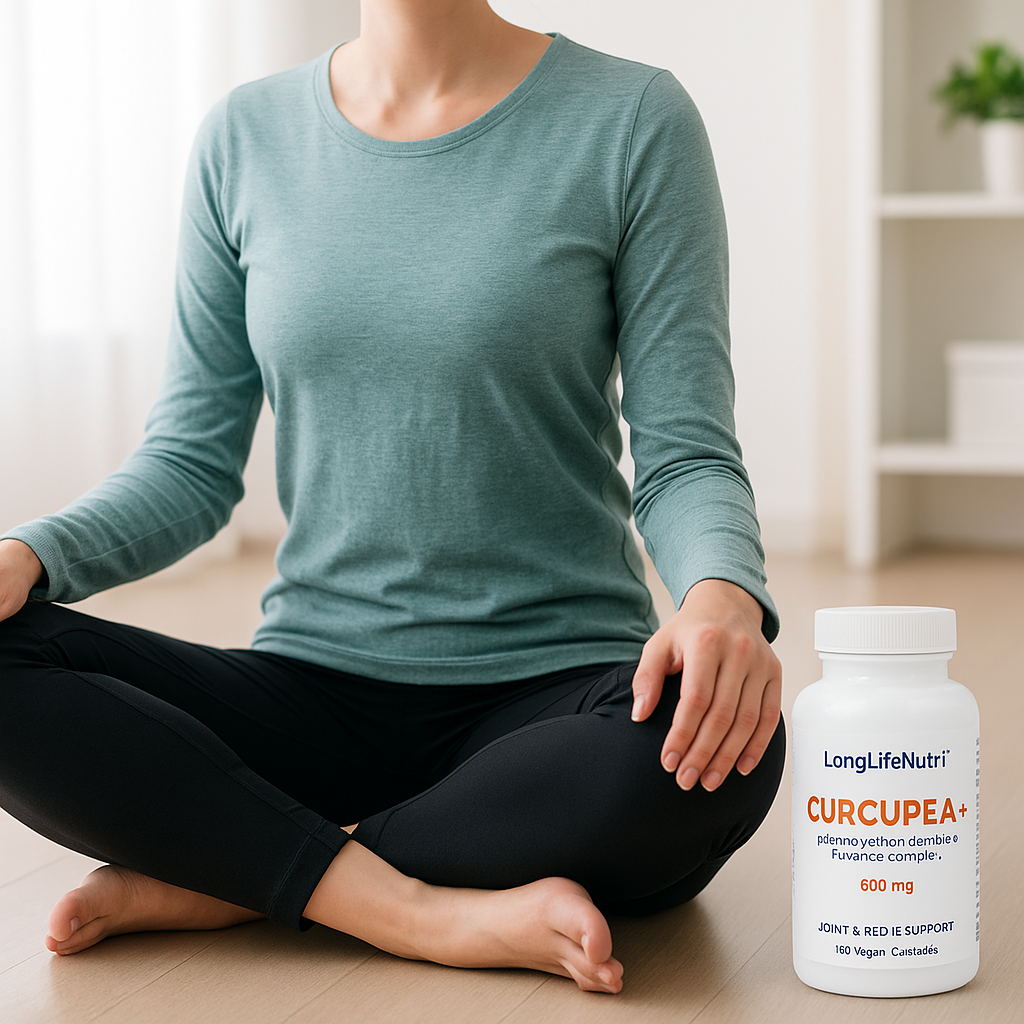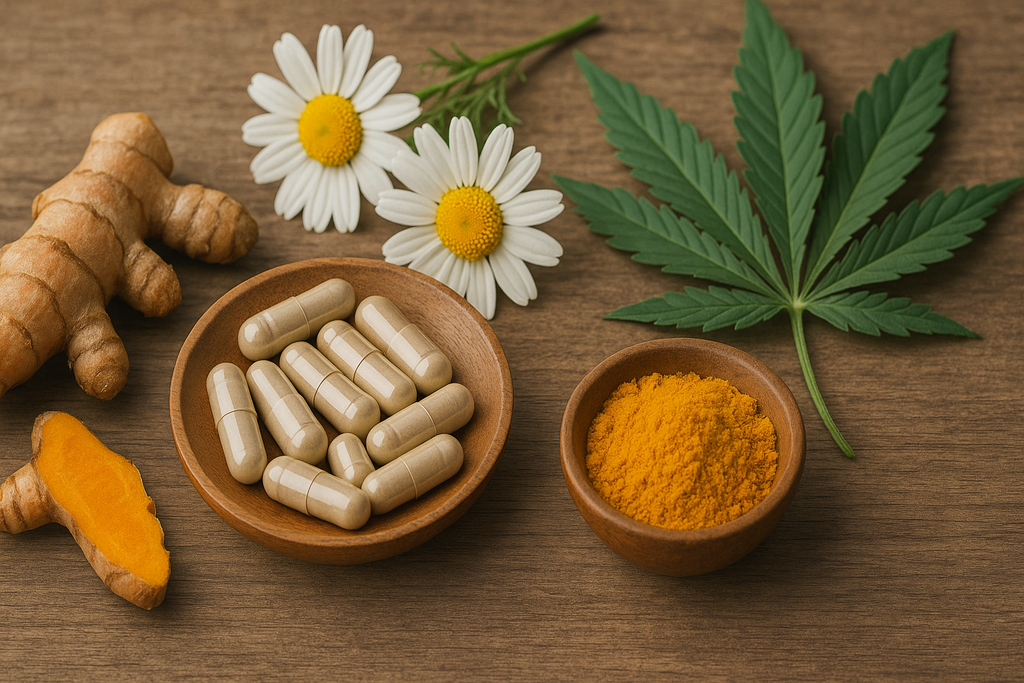News — palmitoylethanolamide
Is It Bad to Sit Cross-Legged? Posture, Circulation & Joint Health Explained
anti-inflammatory support back pain best sitting position circulation and sitting CurcuPEA+ ergonomics hip health is it bad to sit cross-legged joint pain from sitting joint supplement knee strain longlife nutri nerve health palmitoylethanolamide posture habits sitting cross-legged sitting floor vs chair sitting positions turmeric for joints turmeric PEA supplement
Sitting cross-legged is a habit that feels natural to many people, whether during meditation, while relaxing on the floor, or even in a chair. For some, it’s a cultural norm or a position of comfort. But questions continue to surface around whether sitting in this position is harmful over time. Is it merely a harmless quirk, or could it be affecting your posture, circulation, and joint health?
The truth is, sitting cross-legged isn’t inherently bad—but it does come with pros and cons that depend on your body, posture habits, and how long you remain in the position. In this guide, we’ll break down the biomechanics of cross-legged sitting, who may benefit from it, who should be cautious, and how to support your joint and nerve health with strategies and supplements like CurcuPEA+. Whether you're sitting on the floor or at your desk, this article will help you sit smarter.
PEA: Natural Relief for Pain and Inflammation | LongLife Nutri Guide
anti-inflammatory supplement back pain relief chronic pain remedy endocannabinoid supplement fibromyalgia support immune system balance inflammation supplement joint inflammation LongLife Nutri natural nerve support natural pain relief nerve pain treatment neuropathic pain relief non-opioid pain relief palmitoylethanolamide PEA PEA capsules PEA dosage PEA studies PEA supplement safety
Chronic pain and inflammation have become all too common in our modern lives. Whether it’s joint discomfort, nerve pain, or lingering soreness from injury or stress, these symptoms can seriously interfere with quality of life. Instead of reaching immediately for pharmaceutical painkillers, many people are now turning to natural, body-friendly alternatives—like Palmitoylethanolamide, or PEA.
PEA is a compound your body already produces to protect and soothe tissues under stress. It works at the cellular level to reduce inflammation and calm overactive pain signals. While relatively new to the mainstream supplement world, it’s backed by decades of clinical research and has emerged as a go-to solution for everything from sciatica to fibromyalgia. In this guide, we’ll explore how PEA works, its powerful anti-inflammatory and analgesic properties, and how supplements like Palmitoylethanolamide 400 mg - 120 Vegetarian Capsules can support your body’s natural healing responses.


